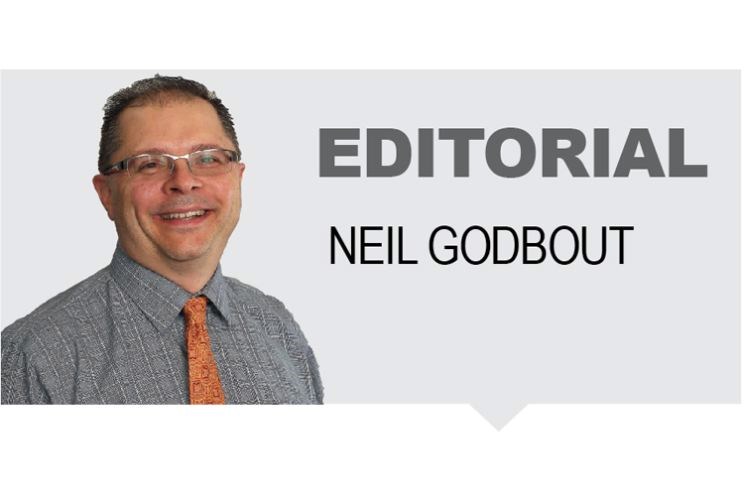Throughout the pandemic, Dr. Bonnie Henry and other public health leaders have been praised for their calm and firm leadership.
They demonstrate both compassion and resilience. They know they don’t have all the answers and say so. They know mistakes will be made so they stress that it’s better to err on the side of caution. They know hope and good intentions are worthless. In this situation, dealing with a highly contagious virus that will make a lot of people sick and vulnerable individuals die with no vaccine to counter it, better to do too much now than find out you did too little later.
Prince George city council should adopt more of this philosophy.
To date, mayor and council have been approaching the havoc the pandemic might wreak on the city’s financial state with not a lot of urgency, at least compared to some other B.C. municipalities.
While panic certainly isn’t required, some aggressive action is. Unfortunately, city council spent too much of Monday’s meeting fretting over saving a fistful of dollars. While the optics of council and the city manager not taking their 1.75 per cent schedule cost of living increases at this time are great, it’s chump change ($10,000 to be exact, in a municipality with an annual budget of about $160 million).
Even arguing about the degree of the proposed tax increase is somewhat irrelevant. Whether it’s two per cent, one per cent or zero, it really doesn’t amount to much. As Kris Dalio, the city’s astute director of finance pointed out, no tax increase this year would save each homeowner a whopping $50.
Dalio rightly identified the real financial risk facing the city. Earlier this month, utility bills were due and 88 per cent of residents paid the full bill on time. It’s not if but when that number goes down with property taxes due in July and another utility bill in October. Depending on how many fewer residents pay their bills on time, the city could face some serious cash flow problems, Dalio warned.
How great is that risk?
If local households, many already hard hit by forest sector downturns predating the pandemic, find themselves having to make tough financial decisions, they’ll choose the mortgage, food on the table and the lights on before paying the city. They’ll worry about paying that bill six months or a year from now, interest be damned.
Whether it’s local government or private business large or small, when revenue is likely to fall significantly and quickly in the near future, the first order of business is to cut expenses. That means suspending spending on the non-essentials, starting with new spending and capital projects.
But that’s just the low-hanging fruit. The real savings are in current operating costs. Cutting there, however, involves reduced service levels (from less street sweeping to no flower beds in local parks this summer, as two examples) and inevitably to the people who do those jobs.
This leads to the real question facing Prince George city council and senior administration.
Should local government make significant spending and operational cuts now (which would include reduced service levels and laying off employees) or wait until the summer to see how many households don’t pay their property taxes?
Waiting is all tied to hope.
Hopefully, everyone pays city taxes on time. Hopefully the city gets some bailout money from the federal and/or provincial governments. Hopefully health restrictions are loosened soon and things return to something close to normal.
Should city council optimistically bet on hope or take a more pessimistic view now?
By waiting until the summer, Prince George city council might find itself having to slash even deeper into operations because the savings from less dramatic cuts made now aren’t on the table.
And if spending cuts made now would turn out later to have been unnecessary, the city would be sitting on extra money to plough back into operations, sparking the recovery of the local economy.
Dr. Henry and the provincial government aren’t banking on hope when dealing with the health and economic uncertainties of this pandemic.
Neither should Prince George city council.



